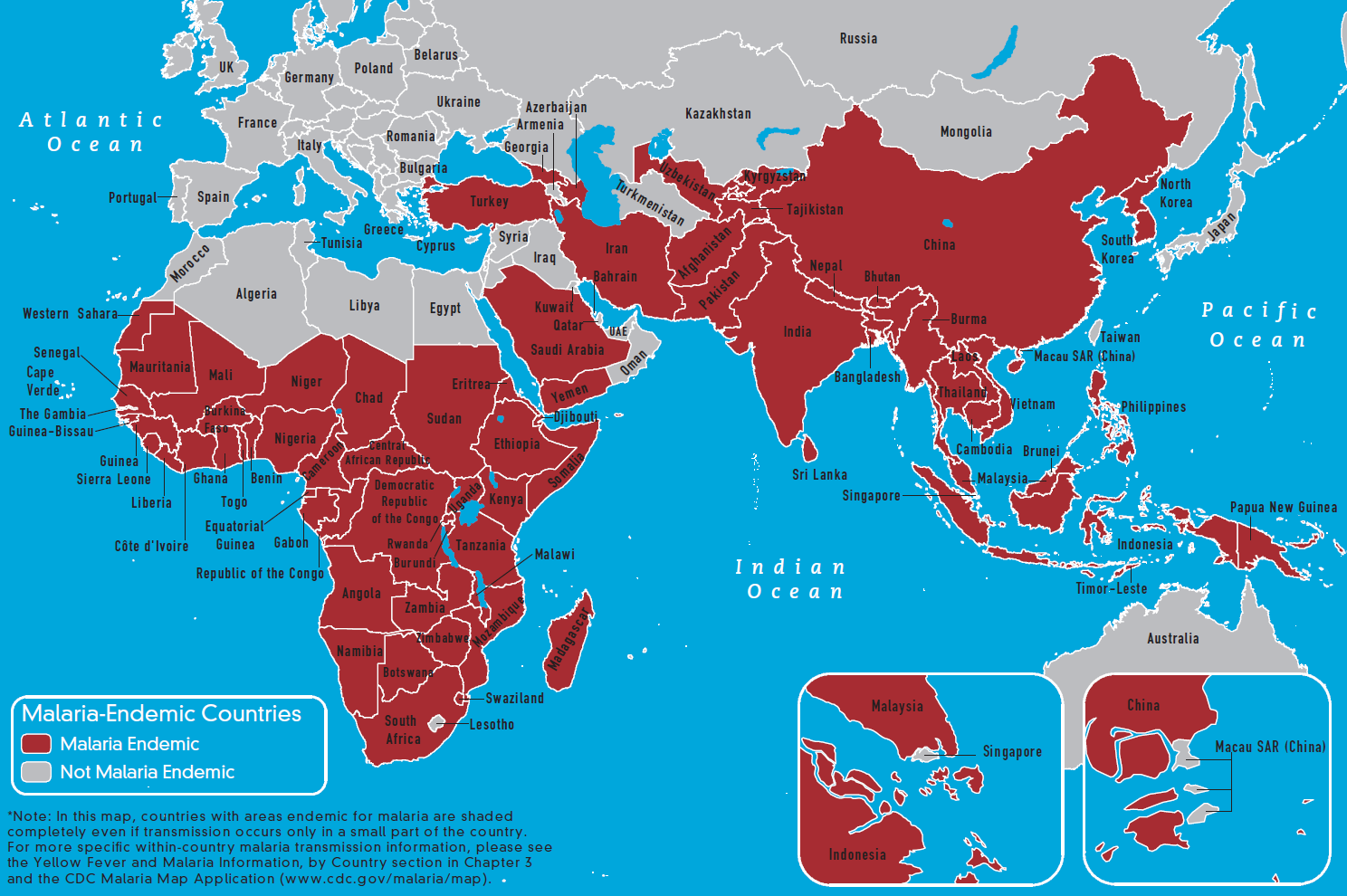So, to even think about possibly taking over the M23 "capital" and dispersing over 10,000 rebel soldiers in less than a year would have probably given you crazy looks and odd faces all across the DRC and UN offices around the world. But yet, that is exactly what took places late monday afternoon as UN and government troops ended the shelling of the town and began moving into the the city of Bunagana on the Ugandan border. Wait, UN troops shelling rebels...? Isn't that not allowed? Well what was influential about this conflict was the clamor and raucous that ensued about the current makeup of the UN peacekeeping forces and whether or not they actually were effective. All of this finally culminated in a new UN division within the peacekeepers: the intervention force. The force, backed and funded by the UN, contains the same makeup of peacekeeping soldiers, except they are allowed to actively engage and fight in conflicts. With full international support, the campaign against the rebels was revamped and with International forces, the Congolese army was able to take back much of the territory that was seized earlier in the year.
While I do not see this particular conflict ending in the region (the leader of the movement fled to Uganda, and Uganda and Rwanda have been actively supporting the M23 rebellion) I do see improvements in how the UN and international community operates. Its high time a division like this in the UN was created to fully wage war on those who mistreat and cause chaos. The force has been so effective that it currently is working with AU troops in Somalia in hunting down Al-Shabaab fighters. I do see hope in a once pathetic and useless organization that drew many parallels towards the shambled "League of Nations." Hopefully the UN and the international community can continue making such useful developments.
http://www.bbc.co.uk/news/world-africa-24744548
 |
| The UN intervention brigade |
 |
| Congolese and UN Troops moving on Bunagana |
 |
| M23 rebels taking Goma |




